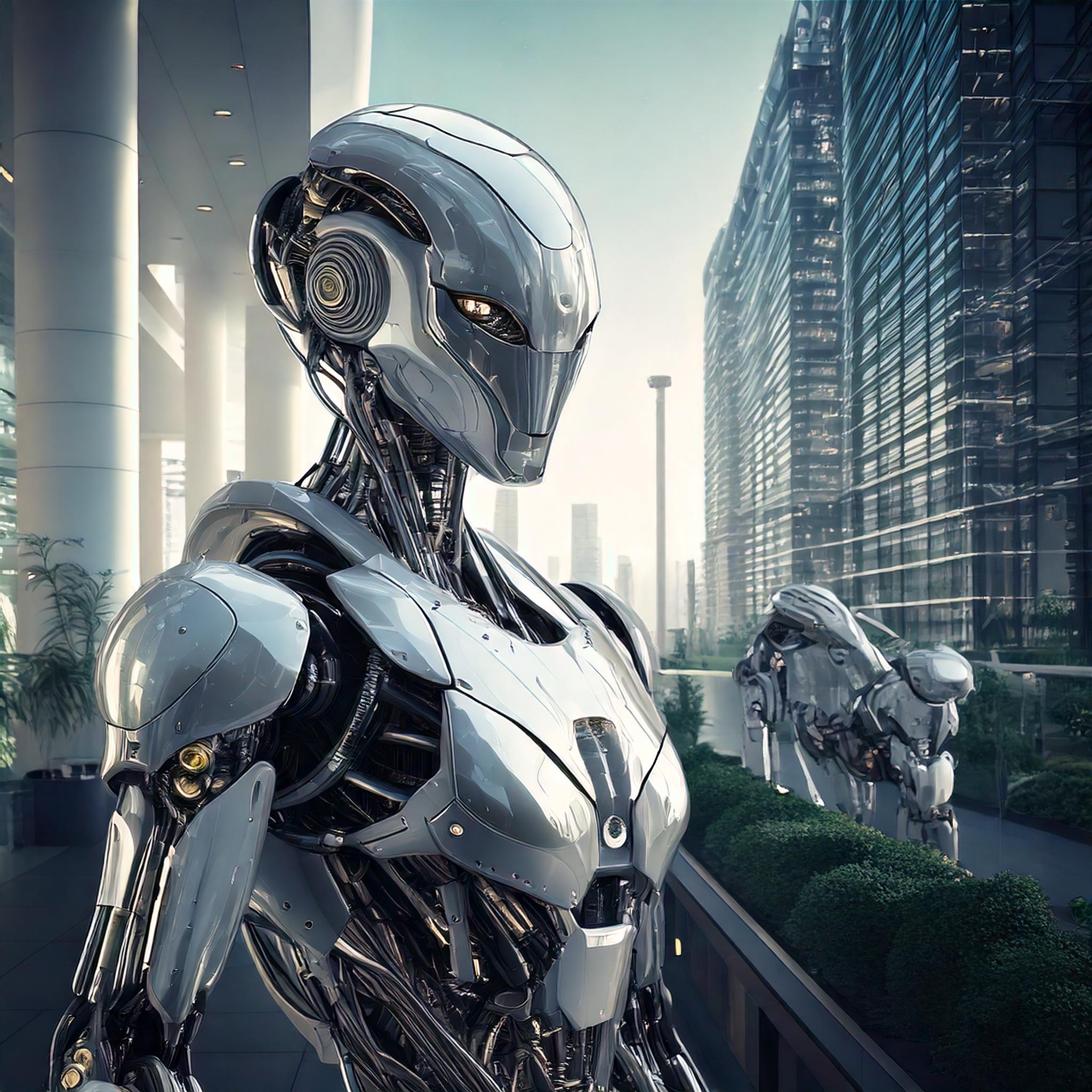
Introduction
As we stand on the precipice of a transformative technological era, the relationship between humans and artificial intelligence is poised to evolve in ways that were once confined to the realm of science fiction. The future of AI is not about replacing human intelligence, but about creating a symbiotic ecosystem that amplifies our collective potential.
Cognitive Augmentation
The next frontier of AI development lies in creating intelligent systems that can seamlessly integrate with human cognitive processes. Emerging neural interface technologies promise a world where direct communication between human brains and AI systems becomes possible. This represents a profound shift from mechanical interaction to a fluid, intuitive connection that enhances human capabilities.
Future systems will potentially enable real-time knowledge transfer, allowing individuals to acquire skills and information with unprecedented speed and efficiency. Imagine instantaneous learning, where complex concepts can be understood and internalized in moments. Cognitive support will reach new heights, providing intelligent assistance for problem-solving that goes beyond current computational capabilities.
Personalized Intelligent Companions
The evolution of AI companions will transcend current chatbot and assistant technologies. These future systems will possess deep psychological understanding, offering more than just information – they will provide genuine emotional intelligence and empathetic support. Personalized AI will adapt to individual learning styles, becoming a true companion in personal and professional development.
These intelligent systems will offer nuanced guidance, understanding individual psychological profiles and providing tailored support that grows and evolves with the user. From mental health support to personal growth strategies, these AI companions will represent a new form of intelligent, adaptive relationship.
Scientific and Medical Breakthroughs
Scientific research stands on the cusp of a revolution powered by artificial intelligence. Future AI systems will have unprecedented capabilities in medical research, scientific modeling, and problem-solving. They will accelerate the discovery of medical treatments, predict complex scientific phenomena, and solve mathematical and scientific challenges that currently seem insurmountable.
Imagine AI systems that can model entire ecosystems, predict disease progression, or design personalized medical interventions with a level of precision and speed that was previously unimaginable. These technologies will not replace human researchers but will become powerful collaborative tools that dramatically enhance human scientific capabilities.
Environmental and Global Problem Solving
Artificial intelligence emerges as a critical tool in addressing global challenges. Climate change modeling, resource allocation, disaster prediction, and ecosystem management will be transformed by intelligent systems capable of processing and analyzing vast amounts of complex data.
These AI solutions will provide insights and strategies for addressing some of humanity’s most pressing challenges, from environmental conservation to global resource distribution. They will help us understand complex global systems in ways that were previously impossible, offering hope for more sustainable and efficient approaches to global problem-solving.
Creative and Artistic Collaboration
Contrary to fears of technological replacement, the future of AI in creativity promises a collaborative model that enhances human artistic expression. AI will not compete with human creativity but will instead provide novel insights, generate unique artistic concepts, and support creative processes in unprecedented ways.
Artists, musicians, writers, and creators will find in AI a powerful ally that can help break through creative barriers, suggest innovative approaches, and expand the boundaries of artistic expression. The result will be a new form of collaborative creativity that combines human imagination with computational intelligence.
Ethical Considerations and Challenges
The path forward demands rigorous ethical frameworks that prioritize human values, transparency, and individual agency. Developing AI technologies requires a commitment to preventing technological discrimination, protecting individual privacy, and ensuring that these powerful tools serve humanity’s best interests.
The Future is Collaborative
The most exciting prospect is not AI replacing humans, but AI becoming a true partner. We are developing intelligent systems that respect human values, enhance human potential, create unprecedented opportunities, and help solve complex global challenges.
Conclusion
As we bridge the gap between human intelligence and artificial intelligence, we are not just developing technology – we are expanding the very definition of human potential. The future is not about man versus machine, but about man and machine working together to unlock humanity’s most extraordinary possibilities.
Connektiv8 stands at the forefront of this transformative journey, committed to developing AI technologies that are not just intelligent, but fundamentally aligned with human growth, creativity, and collective progress.
